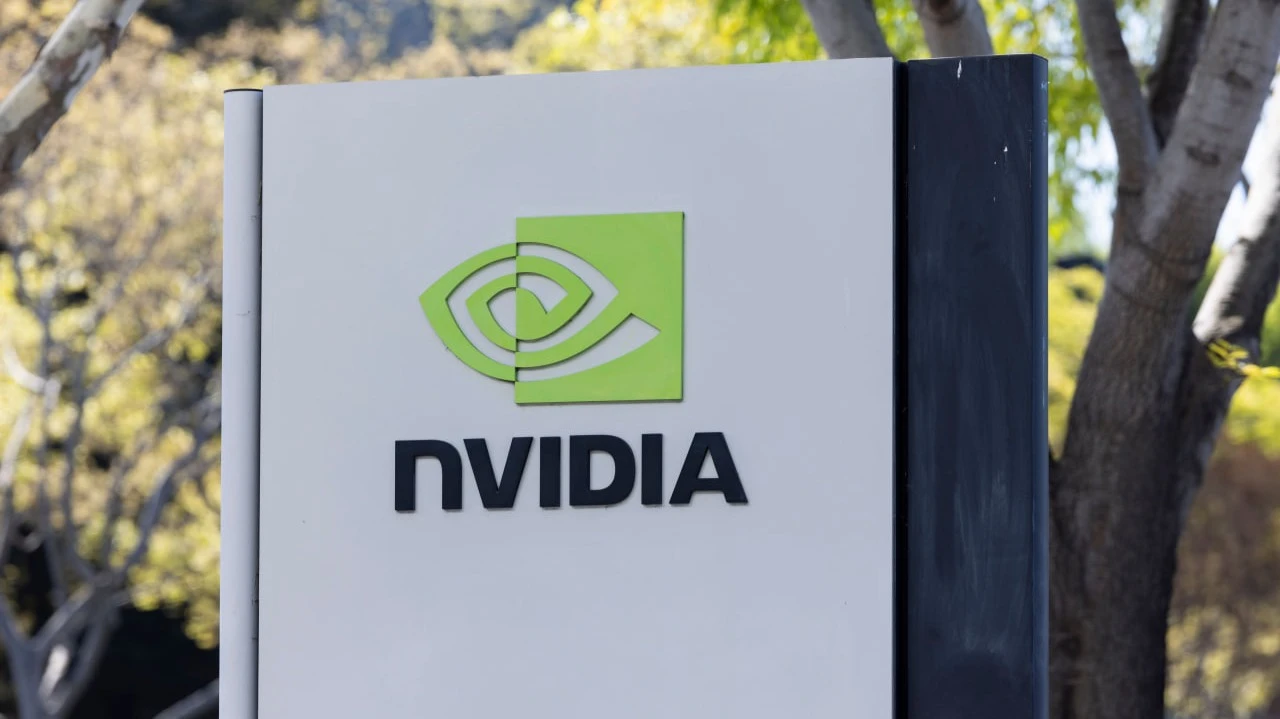U.S. participation in Nvidia's capital is off the table, the Finance Ministry said. The market is waiting for its report
Donald Trump's administration could acquire stakes in companies from other sectors of the economy, Scott Bessent allowed

The U.S. government's inclusion of AI processor maker Nvidia as a shareholder is "not under consideration," Treasury Secretary Scott Bessent said on Fox Business. He is quoted by Reuters.
"I don't think Nvidia needs financial backing, so that's not an issue right now," Bessent said.
At the same time, he did not rule out the possibility that Donald Trump's administration would acquire stakes in other sectors of the economy. "Could there be other sectors that we are rebuilding now, such as shipbuilding? Yes, such options are possible," he noted.
Investors are waiting for Nvidia's report
Nvidia will release its quarterly earnings on August 27 after the close of trading. Analysts expect revenue to reach $46.05 billion - 53% higher than the same period in 2024, Barron's cited FactSet data. Adjusted earnings per share will be $1.01 - up 48% year-over-year, according to Wall Street.
Investors should focus on four main themes in reporting, Barron's says. These are high Wall Street expectations, progress in the AI server systems segment, business challenges in China and opportunities in the robotics market.
The market expects that after its publication, the company's capitalization could change by $260 billion. However, as some analysts emphasize, more important than the movement of shares of this company alone will be the effect that the chipmaker's results could have on the entire market.
Context
Last week, Donald Trump announced that Intel has agreed to give the US administration a 10% stake. According to Intel, the U.S. administration will acquire the stake by means of $2.2 billion in the form of grants already received under the CHIPS Act (state support for chipmakers developing production in the U.S.), $5.7 billion in the form of grants not yet awarded under the Act, as well as $3.2 billion under the Secure Enclave program (a subprogram of CHIPS, but with other sources of funding) - a total of $11.1 billion.
Bloomberg called the deal a "staggering level of intervention" by the federal government in private business, breaking with established norms. Intel itself has warned of the risks of having the U.S. as its largest shareholder - particularly for its overseas business.
In addition, the Pentagon is interested in the possible purchase of U.S. stakes in defense companies, including Lockheed Martin, Commerce Secretary Howard Lutnick said on August 26. He thus responded to a question about whether the government could repeat the experience with Intel and other corporations.
Nvidia and its main rival AMD agreed with the White House in August that they would each contribute 15% of their proceeds from AI chip sales in China, which some experts, like Deborah Elms, head of trade policy at the Hinrich Foundation in Singapore, called a hidden export tax and a dangerous precedent.
This article was AI-translated and verified by a human editor
